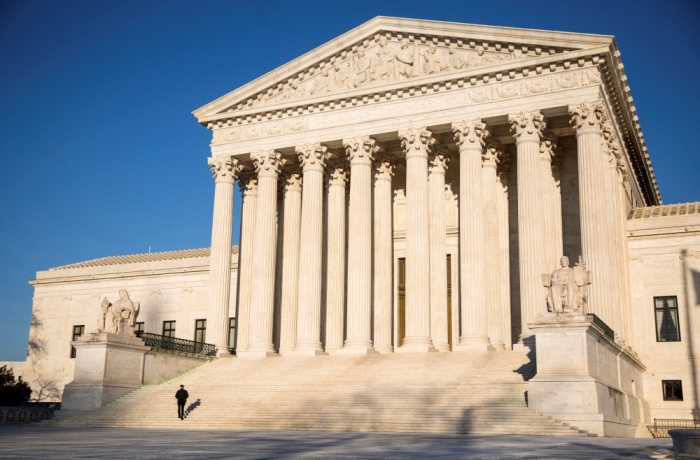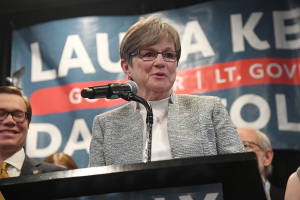Supreme Court Upholds Obamacare Subsidies; Millions Will Keep Coverage

The U.S. Supreme Court has upheld the health insurance subsidies allowed in the Affordable Care Act, securing the insurance of millions of Americans.
In a 6-3 decision, the highest court in the land ruled that the federal government could provide tax subsidies for those living in states that without a state-run exchange program.
Chief Justice John Roberts wrote the majority opinion and was joined by Justices Anthony Kennedy, Ruth Bader Ginsburg, Stephen Breyer, Sonia Sotomayor, and Elena Kagan.
"Congress passed the Affordable Care Act to improve health insurance markets, not to destroy them. If at all possible, we must interpret the Act in a way that is consistent with the former, and avoids the latter," read the Roberts opinion.
In September 2013, four Virginia residents filed a lawsuit against the Department of Health and Human Services regarding the federal subsidies for healthcare exchanges.
At issue were four words in the ACA, which said that federal subsidies could only apply to states where an exchange was "established by the State."
"The challengers to subsidies for those who shop for insurance on a federal exchange have argued that those words limit the availability to the tax benefits solely to state-run exchanges," wrote Lyle Denniston of Scotus Blog.
"The four words primarily in dispute have been interpreted by the Internal Revenue Service, which is in charge of the tax subsidy program, to apply to every exchange across the nation, whether set up by a state or, if a state declined to do so, by the federal government in place of the state."
After losing at the district court level, their case went to a three judge panel of the Fourth Circuit Court of Appeals in March of 2014.
In July 2014, the three judge panel upheld the lower court ruling that the federal subsidies are legal, as the ACA language is "ambiguous" enough to allow for subsidies in both state-run and federal-run exchanges.
"The plaintiffs contend that the IRS's interpretation is contrary to the language of the statute, which, they assert, authorizes tax credits only for individuals who purchase insurance on state-run exchanges," read the panel's decision.
"… We find that the applicable statutory language is ambiguous and subject to multiple interpretations. Applying deference to the IRS's determination, however, we uphold the rule as a permissible exercise of the agency's discretion. We thus affirm the judgment of the district court."
Last November, the Supreme Court agreed to hear an appeal in King v. Burwell, with oral arguments being heard in March.
The decision is the latest in the ongoing debate over Obamacare since its passage in 2010 by a Democrat majority Congress.





























